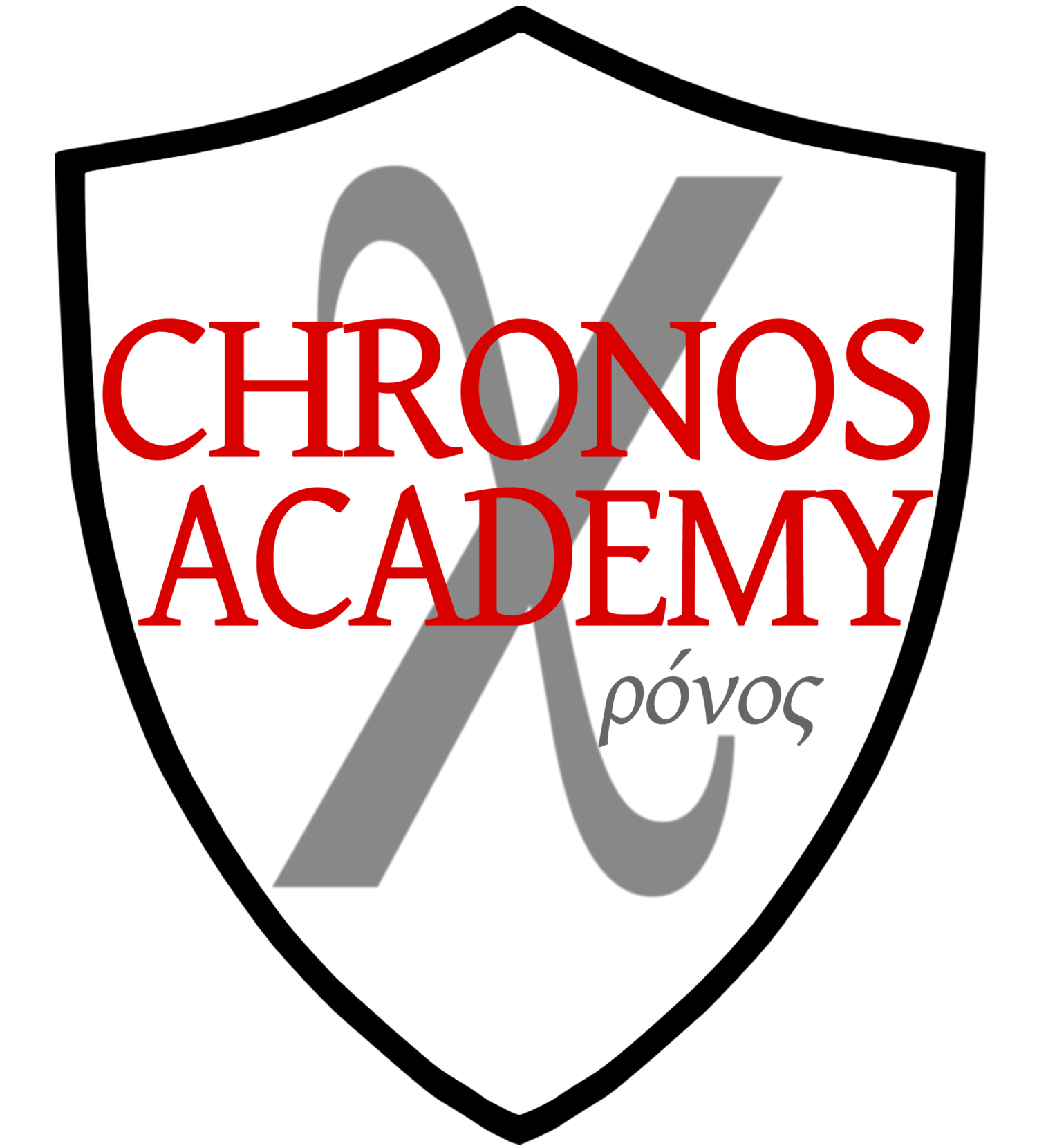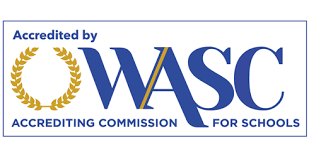Every Lesson is a History Lesson
Every skill and every fact is a story of curiosity, necessity, discovery. History is full of more than the movement of people and the decisions of kings. Literature can spring from philosophies which in turn may rise from scientific discovery, itself a likely product of mathematical innovation. Languages reflect the geographical borders people inhabit and describe, perhaps even prescribe, the art of that population. When we say we’re more geared for humanities than the sciences or mathematics, we’re missing out on the human stories behind those essential subjects. When we prefer their skills and facts to the stories that produced them, we’re missing out on the connective tissue of our societies, narrative. In fact, both narrative and skill are necessary for us to employ our education with knowledge, understanding and wisdom.
Geography
History
The borders of civilizations change as nations rise and fall. Grammarians memorize nations, cities & physical features. Dialectitians & Rhetoricians memorize nation, cities & physical features and free-hand draw them from memory. Additionally they compare maps of civilizations as they rose and fell during each time period, identifying locations of key events, creating a flip book through history.
History is the interaction of people and nations over time. Students memorize key players & events, read primary sources, teach one another through weekly presentations & write analytical essays. Every lesson is anchored to the 10,000 year timeline.
Language
Literature
Learning another language is key to understanding our own. Alternating two years at a time, students learn two classical languages, Greek and Latin, opening access to innumerable works of Western thought and gaining deep understanding of the roots of the English language. Students also apply the tools of learning language to English, parsing and characterizing its grammar and syntax.
The miracle of the written language allows us to learn directly from people long gone from the Earth. With careful reading, we can understand what was on the minds of our ancestors and learn about ourselves. Students read translations, texts, and historical fiction, learning to understand the tools writers employ to communicate their stories so effectively.
Science
Math
Our understanding of the physical world expands when we ask questions no one has yet considered. Science is as much about the process of inquiry as the facts and skills that more often fill our curricula. Students study the lives of scientists and recreate their experiments.
Every mathematical fact was proven by someone. Students learn the lives and motivations of mathematicians, explore their proofs, and gain the skills they need to understand the story of how math as we know it came to be, from ancient number bases through modern day number theory.
Art
Philosophy
Sometimes with words, more often without, artists have expressed ephemeral human experiences in concrete materials. Students learn the lives and culture of artists throughout time and employ their techniques to recreate art in their style. Students learn musical styles, famous composers throughout history and their most significant works.
What can we know to be true? What is a virtuous life? How do we perceive the world? Our greatest questions have driven us into our own minds and challenged our assumptions. Students study the lives and writings of those philosophers whose ideas have continually challenged us throughout history.



